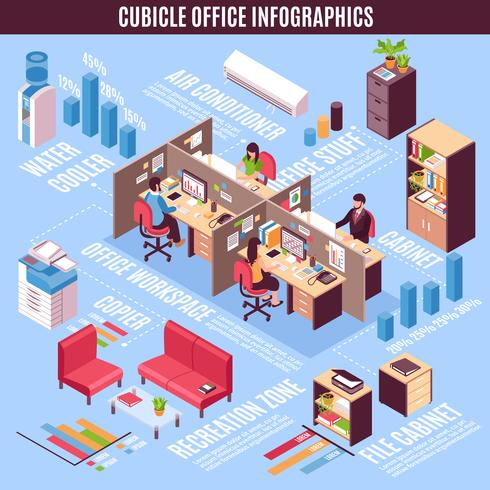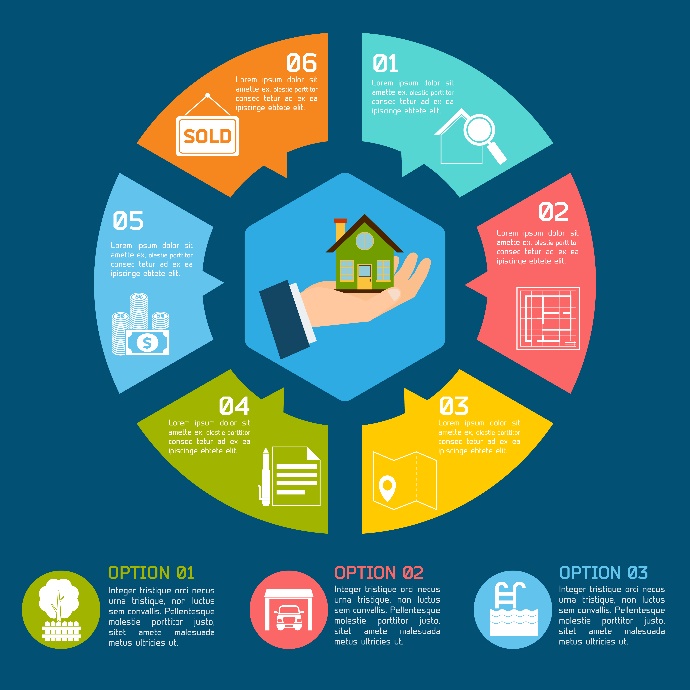It is no secret that sitting too much is not good for you. Countless studies have shown that people who sit a lot every day are at increased risk of diabetes, heart disease and many other, often quite serious, health problems — not least weight gain and obesity.
With this in mind, today’s working culture of long hours and long days spent at a desk presents something of a problem for office workers, who tend to sit down for most of the day. However, there are some ways to mitigate the effects of a very sedentary lifestyle. An increasingly popular solution to the issue of sitting all day is standing desks. As the name suggests, these desks are designed to allow you to stand up to work. Usually adjustable, they can be positioned to suit all different kinds of user, and often go low enough to also allow you to sit down if you need to.
Scientific research on the benefits of standing desks is still in fairly early stages, but there is a growing body of evidence to indicate that not only is using a standing desk good for your health, it may even increase your productivity.
At the very least, using this type of desk may be able to counteract or minimise the harmful effects of sitting too much.
Lower your risk of heart disease
It is widely accepted that the more time you spend sitting, the greater your risk of developing heart disease. It stands to reason, therefore, that standing up when you would normally be sitting for hours on end will go some way to benefitting your heart health.
Reduce back pain
A bad back is one of the most common complaints among office workers, and is often exacerbated by sitting down for prolonged periods of time. Using a standing desk can dramatically decrease the chronic back pain caused by prolonged sitting, because you are prompted to move around much more and avoid the poor posture and muscle tension that lead to issues.
Improve energy levels and even productivity
Studies have also shown that standing keeps your energy levels up, improves concentration and tends to prevent fatigue, which could be especially useful for avoiding the dreaded 4pm slump and sustaining a high level of productivity all day.
Of course ‘not sitting’ can mean a myriad of things, all with very different health outcomes, and it’s important to remember that standing still for too long also comes with certain side effects such as back, leg or even foot pain. In fact, it’s generally best practice to sit down and stand up for different time intervals to prevent any negative physical consequences. There are also some tasks, especially those requiring fine motor skills, that are simply better done sitting down. Nevertheless, there is no question that reducing sedentary time can improve both physical and mental health, and introducing the option to stand up during the working day could prove extremely valuable.
This news was brought to you by Morgan Pryce, a specialist tenant acquisition agent with offices in Oxford Circus and the City. Morgan Pryce specialises in search, negotiation and project management and works exclusively for tenants.




